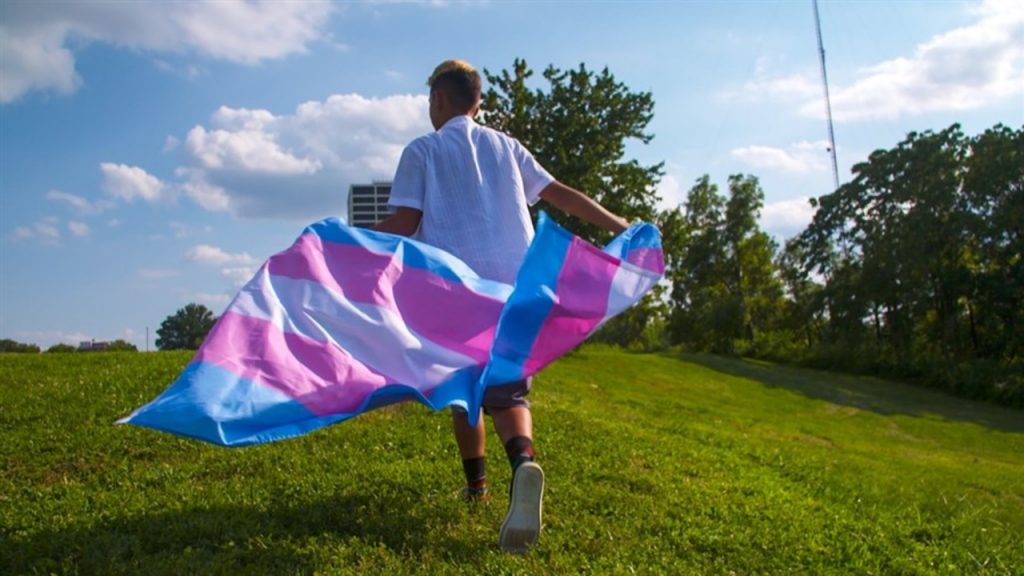Alabama Law Mirroring ‘Don’t Say Gay’ Bill Takes Effect
A school based Alabama LGBTQ bill mirroring Florida's just went into effect, and will limit sex discussions and transgender bathroom access.

Two Alabama LGBTQ bills are now fully enacted. Although the Governor signed them in the spring, full implementation was delayed until preparations for the 2022-2023 school year began. Students attending class in the fall will now be required to use bathrooms based on their biology, refrain from changing their gender, and K-4 children are not allowed to be taught sexual education or gender theory.
While some are decrying these Alabama LGBTQ policies as harmful, many parents are celebrating a return to science and childhood innocence. For years now parents have been fighting to keep harmful sexual education from being forced onto children before they are old enough to understand complex concepts like sex, birth control, and transgenderism — which affect 1.4% of American teenagers. In addition, the safety of natural-born girls has said to have been compromised by schools which allow boys who identify as girls to enter the bathroom of their choice. The nation has not forgotten the case of the male Loudoun County student who sexually assaulted a female classmate in the school bathroom.
While some claim that the rights of trans students entitle them to special treatment, many parents have expressed their displeasure at this rhetoric in favor of safety for young girls who have been historically allowed female-only spaces for their safety. States lawmakers have had to consider both sides and act based on the best interests of everyone involved. Like Florida, Alabam is addressing LGBTQ overreach in order to get back to teaching children more universal lessons.
These Alabama LGBTQ bills focus on the three most pressing areas of concern, child sex changes, sex ed, and bathrooms. SB 184 outlaws child sex changes, taking a “wait and see” approach instead of rushing young children into a life-altering medical intervention that they may regret later. Doctors who violate this will be charged with a Class C felony. Teachers are banned from discussing gender identity and other misleading sexual education concepts until students are in the fifth grade.
The newly enacted Alabama LGBTQ law requires students to use the bathroom which corresponds to their biological sex. Young males can no longer visit the lady’s room for deciding to be a girl, or wearing a dress. This is expected to protect young females and abate unnecessary gender confusion.
Many are comparing these bills to Florida’s similar policies and even call them, “Don’t Say Gay,” legislation. In fact, none of these documents bar teachers from saying “gay.” The new Alabama LGBTQ laws merely protect parents’ rights to ensure that they are informed of their children’s behavior and allow them to once again trust that schools are protecting children from harm while teaching them age-appropriate lessons.

After June’s pride month displays, more and more families are decrying overtly sexual displays being performed in front of children. While many members of the LGBTQ community obsess over sex and sexuality, Alabama’s ban on LGBTQ lessons has now taken effect. K-4 students will no longer be subjected to controversial content and natural-born females who oppose transgender access can now find safety in girls’ only spaces. How these changes affect students will not be known for some time, but they are likely to reinforce the widely accepted belief that “kids should be kids.”



